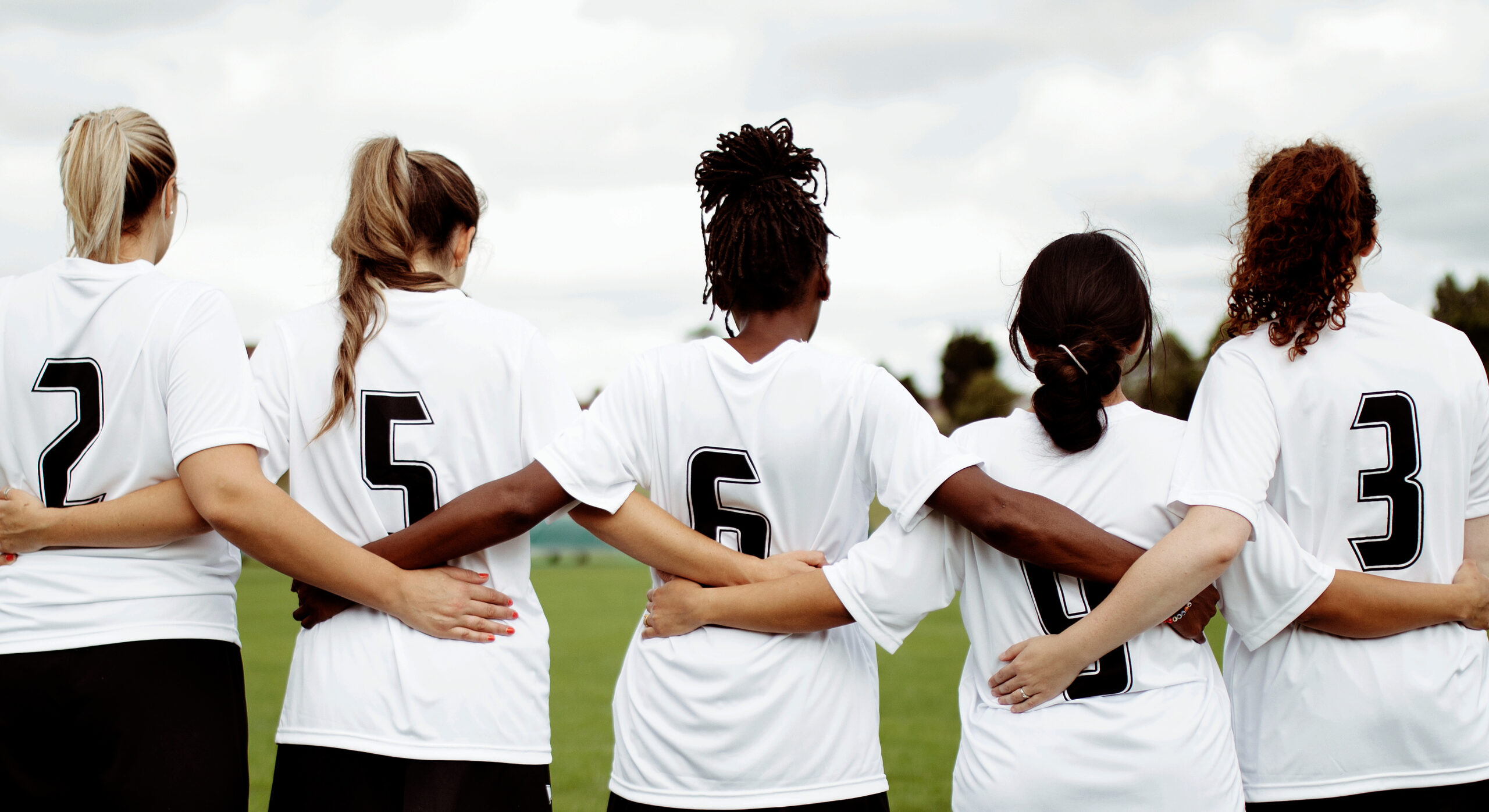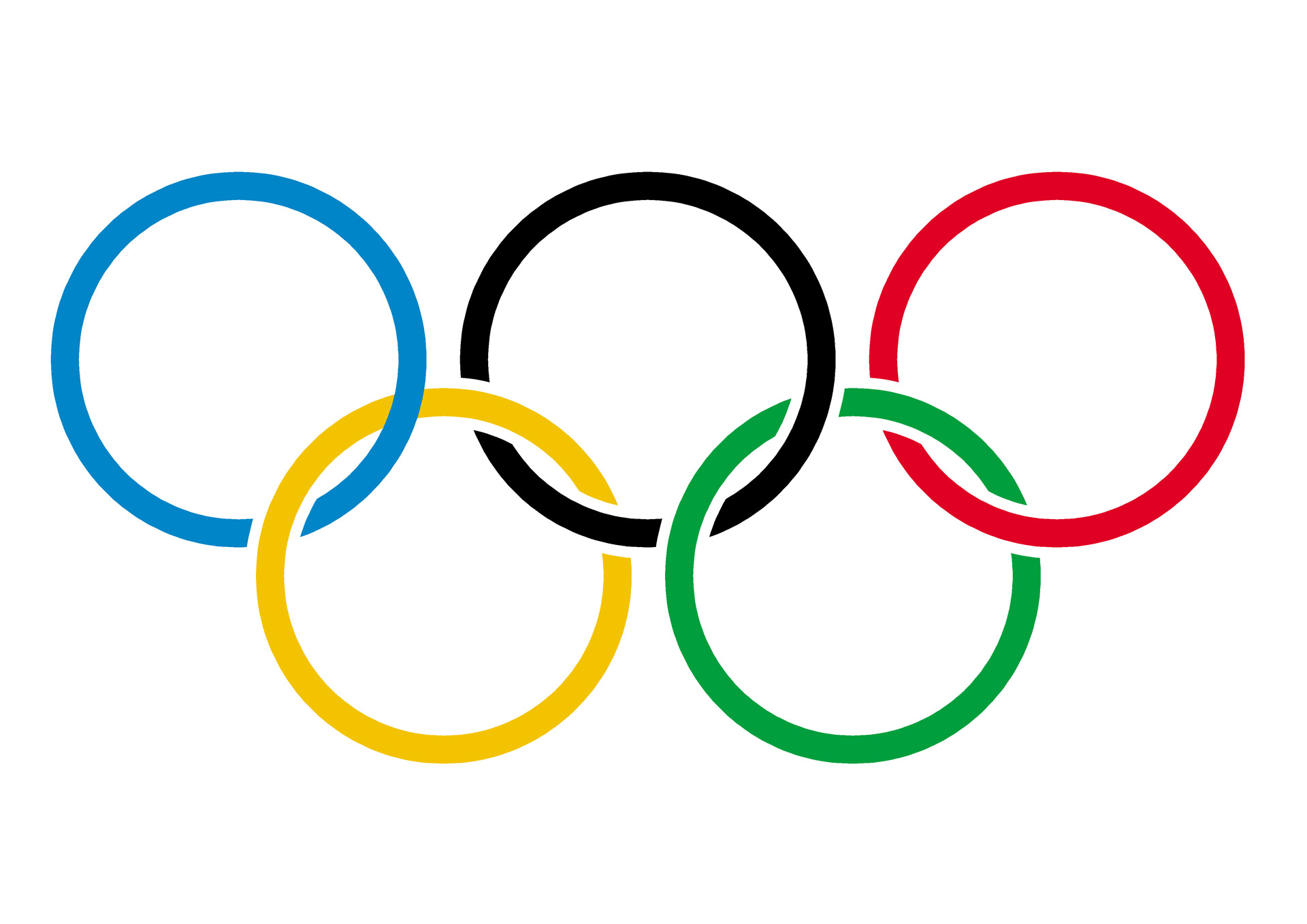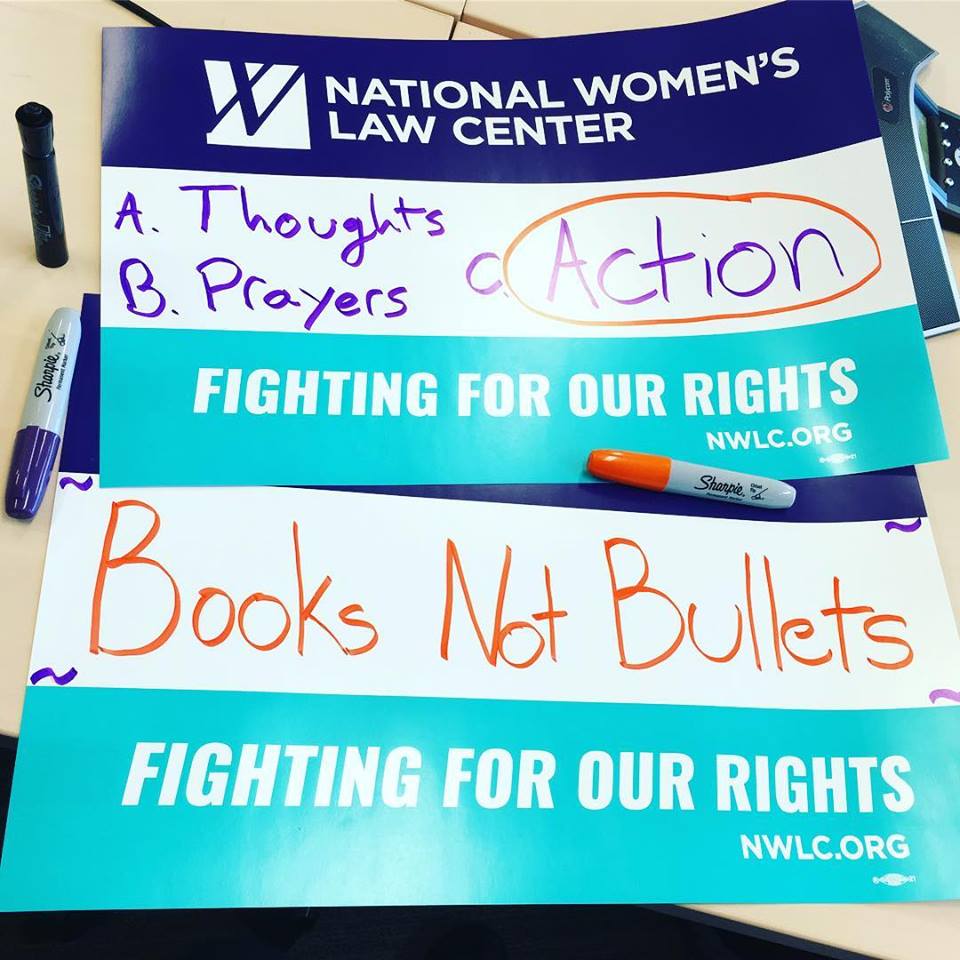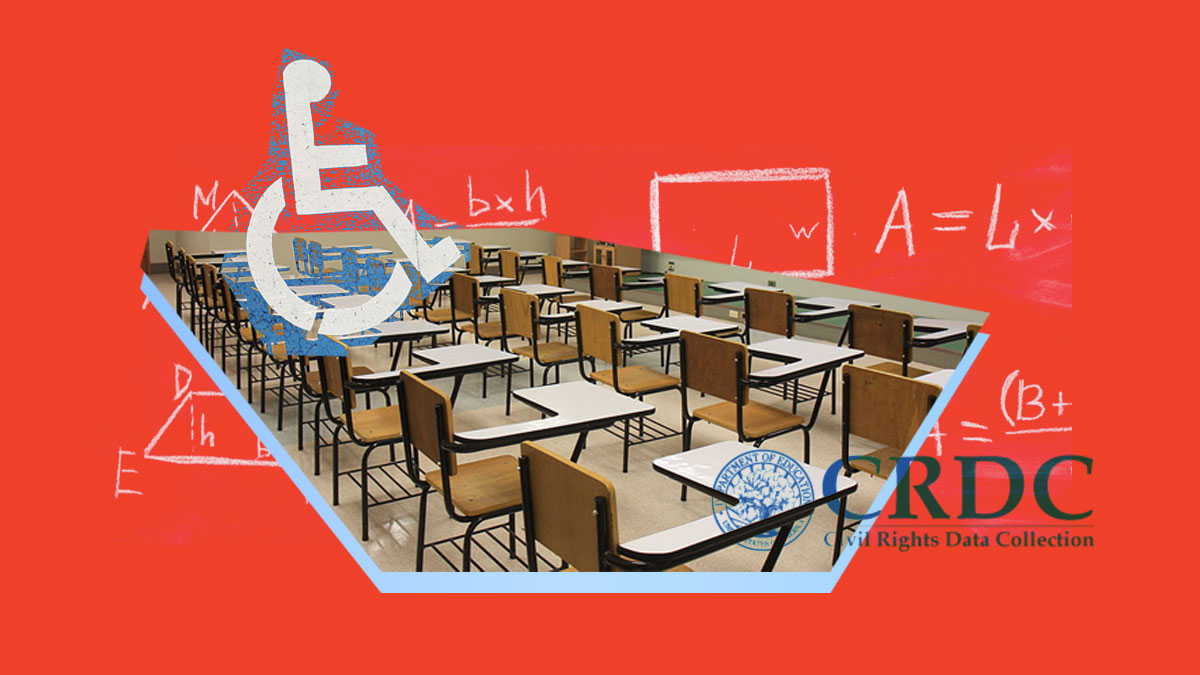Abortion rights, women of color, and LGBTQI+ people are under attack. Pledge to join us in fighting for gender justice.
When It Comes to Gender Equity in Athletics, This National Student-Athlete Day, We’re Keeping Score. (Spoiler Alert: Women Are Losing. Badly).

March Madness ended last weekend.
Given the fact that 95 percent of total television coverage is focused on men’s sports, viewers might know how their favorite men athletes fared.
But what about women—the neglected 5 percent?
April 6th is National Student-Athlete Day, when we celebrate our student athletes and their passion for and dedication to the sports they love.
And that love is reciprocal. The evidence shows that sports participation fosters community, improves academic outcomes, helps students develop leadership skills, fosters in students increased feelings of well-being, and even improves health outcomes.
Every student deserves to experience these benefits. And yet, 50 years after the passage of Title IX, women and girls are still not being treated fairly in sports:
- Speaking of March Madness, in 2021, while the men’s N.C.A.A. teams had access to an expansive weight room, stocked with barbells, weights plates, dumbbells, and all manner of strength-training equipment, the women’s teams were provided a small room with only six sets of dumbbells that topped out at 30 pounds, a few yoga mats, and a single stationary bike. And that’s just one example of the second-class treatment women’s and girls’ teams get in terms of equipment, training facilities, and travel benefits as compared to men’s and boys’ teams.
- And then there’s the issue of money. Like the $13.5 million budget gap between the women’s and men’s NCAA tournaments in 2019… or, the fact that women are receiving a massive $252 million less than men in athletic scholarships.
- But you can’t even access (less) money and (worse) equipment if you don’t get the opportunity to play. Every year, high-school boys receive 1.1 million more opportunities to play school sports than girls, and girls of color, who are doubly disadvantaged, receive the fewest opportunities.
- Not to mention that hostile states continue to pass discriminatory sports bans that prevent transgender and intersex girls and women and nonbinary students from playing sports—exclusive, baseless policies which not only do nothing to close participation gaps between women/girls and men/boys, but which also are correlated with decreased sports participation for all girls overall.
To help address this persistent unequal treatment of women and girls, on this National Student Athlete Day, the National Women’s Law Center is rolling out Keeping Score—a toolkit with a series of easy-to-answer questions to empower students, athletes, coaches, parents, and advocates to assess whether their school athletic programs are treating women and girls fairly compared to men and boys, along with suggested steps to take if they are not.
This guide will help users ensure their schools are making good on Title IX’s promise of equal opportunity in school sports—not just on National Student Athlete Day, but every day of the year.





